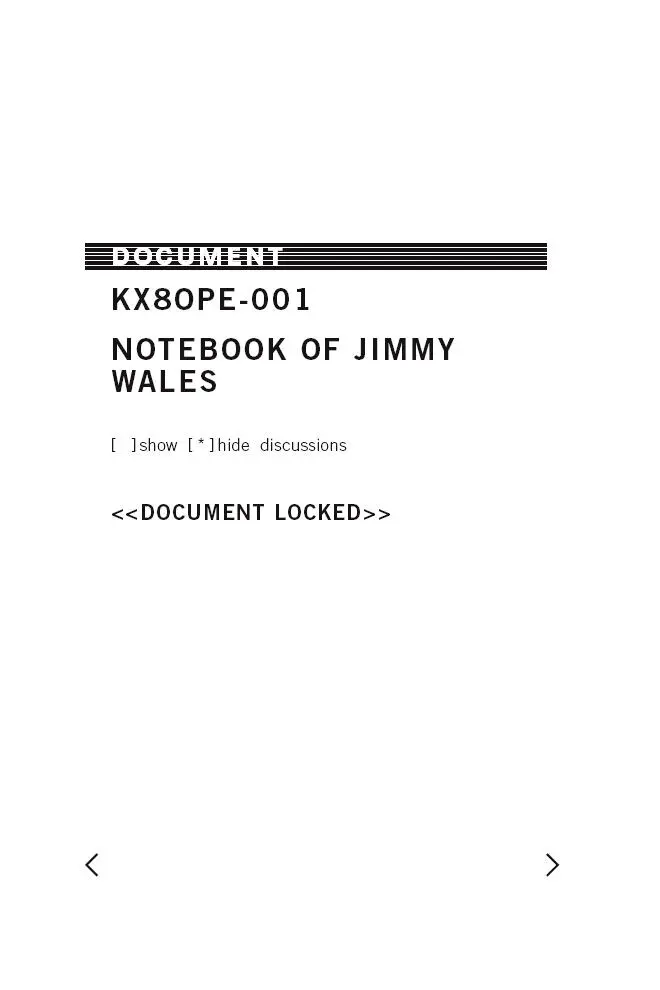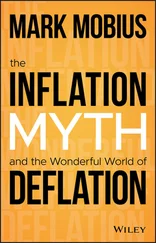Mark Doten - The Infernal
Здесь есть возможность читать онлайн «Mark Doten - The Infernal» весь текст электронной книги совершенно бесплатно (целиком полную версию без сокращений). В некоторых случаях можно слушать аудио, скачать через торрент в формате fb2 и присутствует краткое содержание. Год выпуска: 2015, Издательство: Graywolf Press, Жанр: Современная проза, на английском языке. Описание произведения, (предисловие) а так же отзывы посетителей доступны на портале библиотеки ЛибКат.
- Название:The Infernal
- Автор:
- Издательство:Graywolf Press
- Жанр:
- Год:2015
- ISBN:нет данных
- Рейтинг книги:3 / 5. Голосов: 1
-
Избранное:Добавить в избранное
- Отзывы:
-
Ваша оценка:
- 60
- 1
- 2
- 3
- 4
- 5
The Infernal: краткое содержание, описание и аннотация
Предлагаем к чтению аннотацию, описание, краткое содержание или предисловие (зависит от того, что написал сам автор книги «The Infernal»). Если вы не нашли необходимую информацию о книге — напишите в комментариях, мы постараемся отыскать её.
The Infernal
The Infernal — читать онлайн бесплатно полную книгу (весь текст) целиком
Ниже представлен текст книги, разбитый по страницам. Система сохранения места последней прочитанной страницы, позволяет с удобством читать онлайн бесплатно книгу «The Infernal», без необходимости каждый раз заново искать на чём Вы остановились. Поставьте закладку, и сможете в любой момент перейти на страницу, на которой закончили чтение.
Интервал:
Закладка:
Let us rediscover the lost fortress, unearth the skulls.
Crack them open and scrape the words free.

The patrol’s horses stood before me at the gates of the Akkad Valley: animals known from the orphanage, from the Lone Ranger games we played there, and later, at the institute, from the vast resources of its library; it was I, after all, who added “Horse” to the Memex, then built up new associations and possibilities for association — apples and Apaches, nails and kingdoms, Muybridge, motion pictures, and the great crossing at Beringia; and yet these the first I’d touched: horses with huge faces, bones smooth and implacable beneath blunt sleek hair.
Commissioners, I thank you for allowing me to return to my work. I humbly submit these pages to you.
They led me down several staircases and through dim stone hallways lit with bulbs strung along orange extension cords. The walls pulsed with a damp heat, as though we were being drawn deep into a living thing.
In a small cinder block room a soldier was spritzing the subject with a plastic spray bottle. He handed it to me before I could say No, I wouldn’t need it, and then he and the other soldiers were gone, locking the steel door behind them. For a moment I stood perfectly still. I took in the cot, the toilet — not so different from the cell I had left. Yet I found myself pressing my hands to my face and weeping — with joy! Because it was there, in the corner. In the same beige dust-cover I’d packed it in several decades ago, and thousands of miles away.
I unhooked the subject from his antibiotic and saline drips and began the process of threading wires into tongue and spine, setting the springs, calibrating the typebar outputs.
Then I turned the porcelain crank and watched the boy suffer.
This grotesquely burned creature seemed already somehow a boy to me. And I think he suffered. But then at dawn the suffering changed — it shifted into something quite different, as it always does, and when that happened, I began feeding in the blank pages. The apparatus clacked and dinged, and out they came, thick with Omnotic Code. And I lost myself in the pages as a composer deprived of music for half a life might lose himself in a score — seeing the notation and hearing in my head the symphony. But I soon grew uneasy.
What are we to make of them — these tales of woe? Who is this boy who carries such stories inside him?
I cannot think about them deeply, of how to interpret them. I cannot think of the boy. I don’t have the equipment, the information, and I can hardly concentrate at all, in this blinding world outside my cell. Yes, even this crude, dimly lit hole seems to me to burn with an oversaturated light. My fingers move with surety, a kind of grace, when they touch the apparatus, yet beyond that, I am unfit for real and sustained thought, for real and sustained life. What use could I be, after all, in helping you interpret the confessions? I hear of a country, of a congress, references to poetry or music, I think I recognize something, a snatch of something sometimes; but then I look at the pages — at the rising sheaf of typed pages before me — and say, “This is from the future, this is something I cannot know, they bricked me away from the world and all information of the world for almost fifty years”—and so, what use am I? Once upon a time I took Dr. Vannevar’s Memex and under his steel eye worked it through several key innovations, allowing multiple terminals to access a single shared information set, subsectioning individual reports and allowing them their own unique associations, replacing microfilm with rewritable cards of thermochromic crystal, and augmenting the simple one-to-one associations of the early Memex with new types of logical relationships; but all that must be buried under a thousand elaborations and refinements now. A few among the guard spoke in front of me of the new devices, the hybrids of television, radio, and telephone, and the personal telegraphs, and I hardly understand. Things can and do change, that I understand. And I am now, by virtue of my solitary decades, a foreigner to everyone — to every state, to every person, to all but the apparatus in its raw utility.
I might try to understand it as the science fiction of my childhood. Tom Swift — of Shopton, New York! And as distant as this Shopton (New York!) seemed at the time from my own orphaned childhood, from Huntsville, Alabama, from our dusty, dogwood streets, the untended grass dotted with the planetoid clusters of unfluffed dandelions, as far away as Shopton and Huntsville seemed in distance, in their opposed truths — the distance or opposition is not so great as that between either of them and today, because TIME has done its work. TIME, which works on all things and ruins all things.
Do you know, I remember the character of that sparse yet robust grass, when I was so young, and so close to it, and ripped it up by the handful and sucked or nipped at the white heart of those tightly bound stalks that shot up here and there amid the common, coarse, zipper-edged blades. I remember the mighty pines set in from the shore, and, there at the shore, the strange, otherly clawed sycamores — strange to me then, and wonderful, and just as strange and wonderful now in my mind — the wild and meager and bone-like trees that clutched the rocks that Cathedral Lake rushed up against. What I am trying to say is, as far away as I was then from Shopton, New York, and as far removed today from both those worlds — the grass and the trees, the adventures of Tom Swift — yet do I feel much closer to them, to everything from that era, than to the material facts of my life today, this week. Yes, right now I am so very far from even the simplest facts, the simplest words, the ones we all agree on — or “they,” I should say, because I no longer have a thing to do with such an agreement, with the currency and coin of all the millions of exchanges that the world is making today, this very second, as I write these words.
I am a fool, as blind and deaf as the creature before me was when I stepped into this room.
Though I do not think we could call him deaf any longer.
I do not think we could call him blind.
I need parts from you — in the institute so long ago I had spare parts of all description; today again I have provided the guards with a list of the parts that I must have.
You see the periodic glitches in the output — I ask that you send the spare parts now, immediately.
It is perhaps some new faultiness in the apparatus stored away all these years, or perhaps it is this subject, like none before — filled with the tales of so many others, when, in all the subjects I worked on all those years ago, it was never any but the story of the subject himself.
It is as though he has gathered within himself a great number of souls, all crying out.
The machine produces its standard pages of Omnotic Code, a long unfurling paragraph, broken by what seem random character misfires, a sort of noise — and while I can read the code quite easily even after all of these years (the composer paging through a score), the noise is pure gibberish, at least to my eye (notes in impossible combination, as it were); and then, every so often a key simply starts to drag down as the page is torn through the typewriter’s mouth, and we are on to a new voice, it seems …
It is a high and absent bark of discomfort from the boy when the apparatus misfires and goes into gibberish, and a low groan, almost wakeful, as the voice ends — he shifts a bit, and it is as though the crusted blackened holes where once he had eyes try to blink, to take in for a moment the room, then he falls back inside himself. I give the porcelain crank a turn, the huge fleshy spines running down the back of the prone body shudder, and the machine lets out a few more dings and clacks, and another page drifts to the floor, swinging back and forth almost lazily as it falls, as if hung on a pendulum of thickening syrup.
Читать дальшеИнтервал:
Закладка:
Похожие книги на «The Infernal»
Представляем Вашему вниманию похожие книги на «The Infernal» списком для выбора. Мы отобрали схожую по названию и смыслу литературу в надежде предоставить читателям больше вариантов отыскать новые, интересные, ещё непрочитанные произведения.
Обсуждение, отзывы о книге «The Infernal» и просто собственные мнения читателей. Оставьте ваши комментарии, напишите, что Вы думаете о произведении, его смысле или главных героях. Укажите что конкретно понравилось, а что нет, и почему Вы так считаете.












